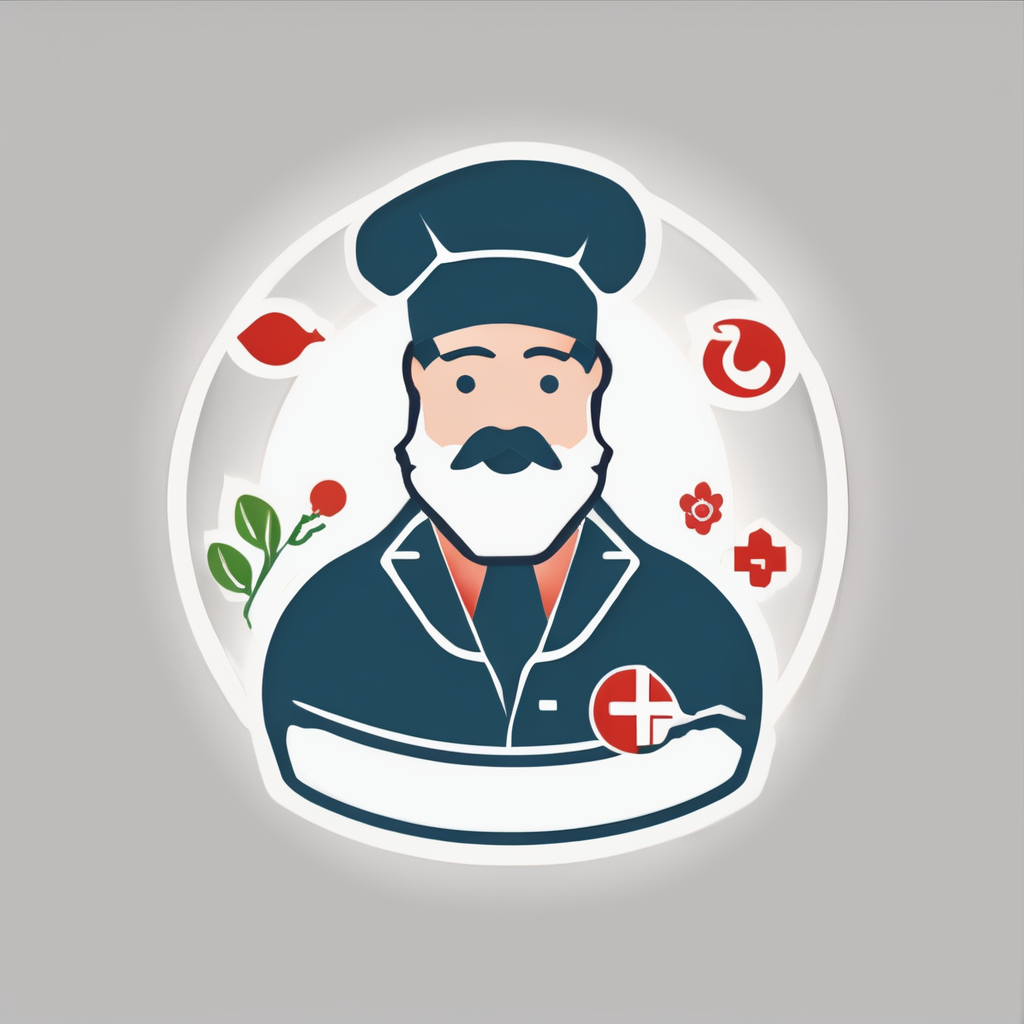Understanding Postpartum Emotions
Navigating postpartum emotions is a unique journey for each new mother. After childbirth, emotions can range from overwhelming joy to anxiety and sadness. Recognising these emotional challenges is crucial. Many new mothers in the UK experience feelings such as exhaustion, irritability, and intense mood swings. These are not uncommon and are often temporary. However, understanding them is the first step toward managing them.
Common emotional hurdles include the “baby blues,” which might manifest as tearfulness and heightened sensitivity. This usually resolves within a couple of weeks. However, if symptoms interfere with daily functioning, they might indicate postpartum depression, a more severe condition necessitating attention. Other influences like hormonal shifts, sleep deprivation, and unmet expectations rapidly affect postpartum mental health.
In parallel : Essential Swim Tips for Expecting Mothers in the UK: A Fitness Guide to Water Safety
Acknowledging and validating emotions are vital. New mothers in the UK should be encouraged to express their feelings without fear of judgement. Recognising that these emotions are experienced by many can be reassuring. Emphasising positive self-talk and seeking emotional support from partners or peers also plays a significant role in improving one’s mental well-being during this pivotal period.
Coping Strategies for New Moms
Navigating new motherhood necessitates practical coping strategies to manage stress and anxiety. One essential approach is establishing a routine that prioritises tasks while allowing personal time. Dedicating even a few minutes daily to relaxation activities, such as meditation or a quick walk, can significantly impact well-being.
Also to discover : Stay Cool and Comfortable: Top Tips for Expectant Mothers During the UK Heatwave
Incorporating self-care is vital. It’s crucial for new mothers to focus on their physical health by maintaining balanced nutrition and ensuring adequate rest whenever possible. Simple practices like enjoying a warm bath or listening to soothing music can provide much-needed mental respite.
Building a strong support system around you is equally important. Having family, friends, or fellow moms available for conversations can offer invaluable emotional support. Joining local or online mom groups is another effective way to connect with those in similar situations. This network can provide comfort and share the load through empathetic understanding.
Delegating responsibilities to others, when feasible, is also advisable. It is crucial to remember that the responsibility doesn’t solely rest on the mother. Accepting help liberally can alleviate the burden, enhancing overall emotional resilience.
Seeking Professional Help
Recognising the need for professional support can be pivotal in managing postpartum emotions. New mothers often wonder when they should seek help. If feelings of sadness or anxiety persist and impede daily functioning, it’s essential to consult a mental health professional. Counselling options provide tailored guidance and support during this challenging phase.
Understanding the types of professionals available is crucial. Mental health resources in the UK include general practitioners, counsellors, psychologists, and psychiatrists, each offering distinct forms of help. Accessing these services can be initiated through a visit to a GP, who may recommend appropriate counselling or therapy options.
Navigating mental health services can seem daunting, but numerous community health resources exist. These services are designed to support new mothers, providing therapy, group sessions, and more. Additionally, helplines are available for immediate emotional support.
Support groups tailored for new mothers also offer personalised support, encouraging shared experiences and connections. These can lead to more meaningful emotional support networks, helping mitigate feelings of isolation. By acknowledging the availability of such resources, new mothers can feel empowered to seek the support they need.
Personal Experiences and Anecdotes
Experiencing postpartum emotions is a shared journey among many new mothers. Hearing personal stories can be incredibly comforting and provide valuable insights. One common story involves a mother from the UK who initially felt isolated, her anxiety heightened due to the overwhelming emotional challenges she faced. Yet, by joining a local mom group, she discovered others experiencing similar feelings, which eased her sense of isolation.
Such real moms experiences highlight the importance of open communication. Sharing emotional journeys not only fosters understanding but also encourages empathy among mothers. For another mother, understanding her experience of intense mood swings helped her find coping mechanisms that worked best for her, such as daily journaling to track her emotions and gain clarity.
Lessons learned from these personal accounts often emphasise the need for emotional support. Mothers frequently report that discussing fears and anxieties with partners or peers strengthens emotional resilience. By acknowledging these shared experiences, new mothers are encouraged to be more open about their emotions, ultimately creating a supportive network that diminishes self-judgment and enhances well-being.
Resources and Support Groups
Navigating postpartum emotions can be more manageable with the right resources and support groups. New mothers often find solace in connecting with local support networks and online communities.
In the UK, numerous local support groups offer a welcoming environment for mothers to share experiences and gain emotional support. For instance, organisations such as NCT (National Childbirth Trust) provide classes and meet-ups that foster community among new families. Engaging with groups like these helps alleviate feelings of isolation and offers practical advice.
Online resources, including forums specifically for UK moms, can be equally beneficial. Websites like Mumsnet and Netmums facilitate discussions, offering a platform to discuss emotional challenges and seek advice anonymously. These forums encourage openness about difficult emotions, promoting a sense of belonging.
Moreover, mental health resources such as Mind and The Perinatal Mental Health Partnership provide valuable information and support online. These organisations underline the importance of addressing mental health proactively, showing new mothers that they are not alone in their journey. Accessing these resources empowers mothers to navigate postpartum experiences with greater confidence.
